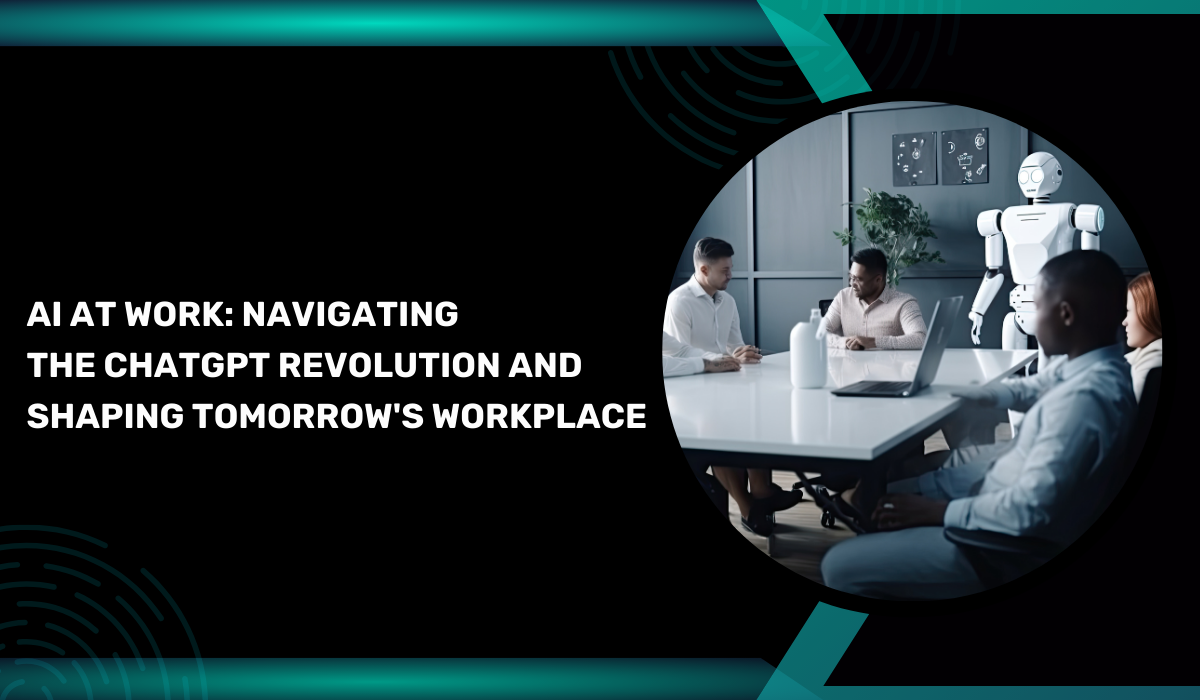
In just over a year since OpenAI's launch of ChatGPT, the chatbot has become an integral part of daily routines for many workers, transforming from an abstract idea to a familiar tool with the potential to streamline workflows and generate new ideas. This rapid assimilation of AI into workplaces is not without challenges, as the technology's adoption faces resistance from some who view it as a threat to their careers.The biggest workplace trends of 2023 highlight the seismic shifts AI has brought to the professional landscape. Employees across various sectors have embraced AI for time-saving administrative tasks, especially in knowledge-work positions, where it shows promise in freeing up workers for more creative and sophisticated responsibilities. However, as more workers turn to AI tools like ChatGPT, some employers are responding by restricting or outright banning access due to concerns about misuse and data leaks.
As AI continues to evolve at a lightning pace, the technology is encroaching on more complex knowledge work roles once deemed secure. Contrary to initial assumptions that AI would primarily replace easily automated tasks, it now poses a threat to creative jobs. Text-to-image generative AI programs, such as Midjourney and Stable Diffusion, can produce intricate illustrations and photorealistic renders in moments, encroaching on tasks traditionally handled by highly skilled commercial art teams. Despite concerns, certain roles requiring soft skills, emotional intelligence, and outside-the-box thinking are likely to remain resistant to automation.
While anxiety persists about AI's potential to replace jobs, some experts argue that the technology is more likely to augment human talent than entirely supplant it. For instance, professionals are increasingly using AI, like ChatGPT, as a personal assistant for drafting emails, planning itineraries, and managing project costs and timelines. Amidst the fear and uncertainty surrounding AI's impact on the workforce, there remains optimism that, with the right skills and adaptability, individuals can progress alongside these technological advancements. The key, experts suggest, is to embrace and educate, viewing AI as a tool rather than a threat.